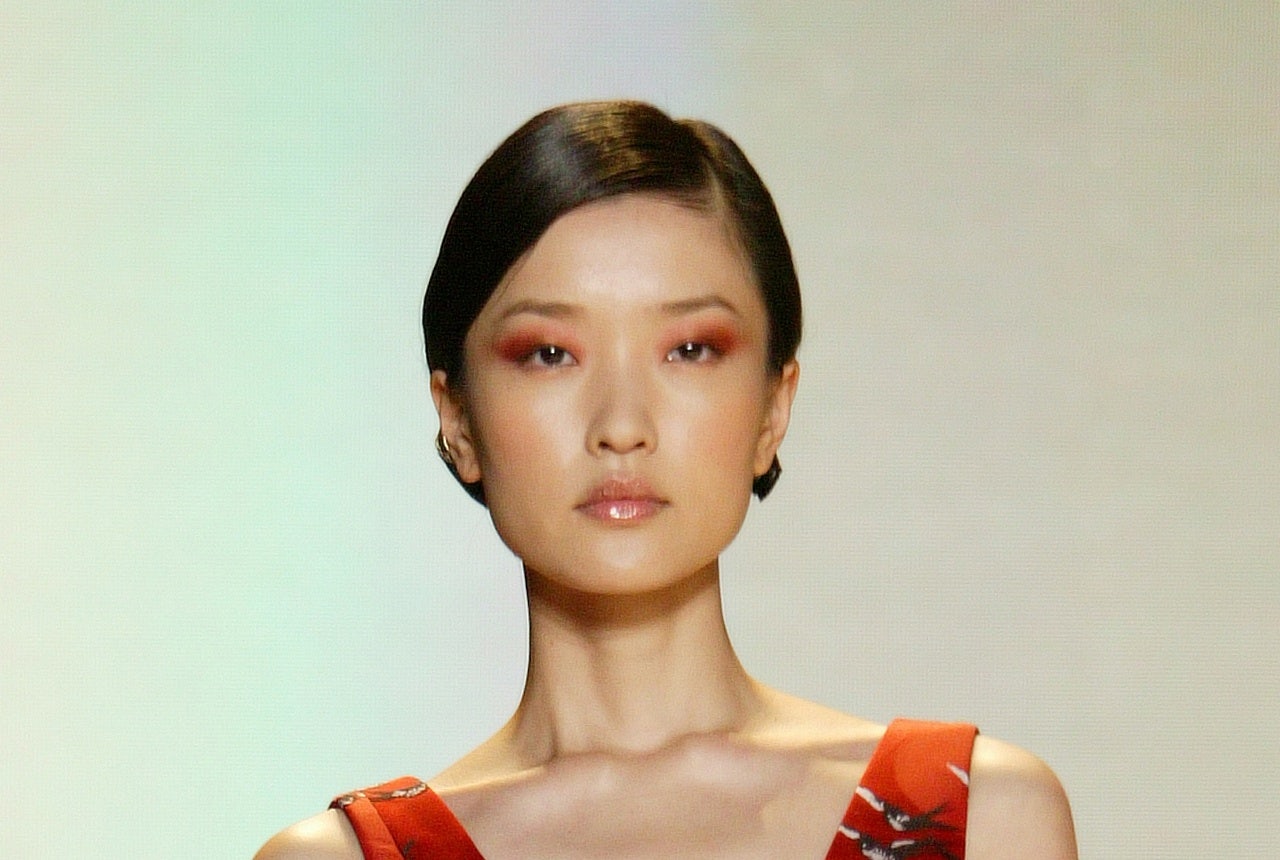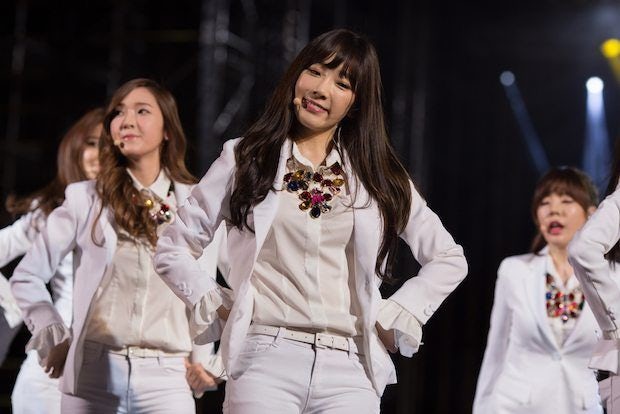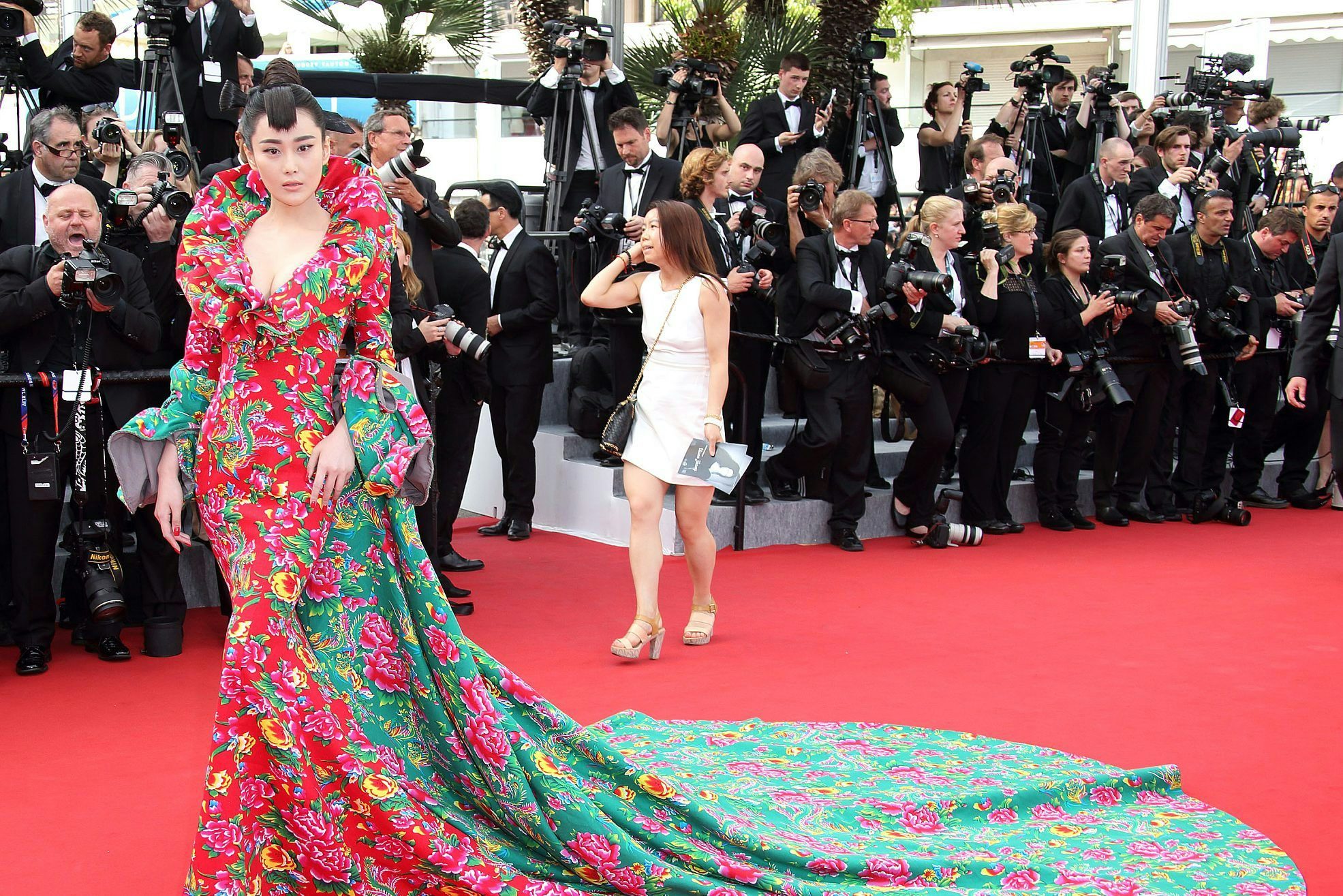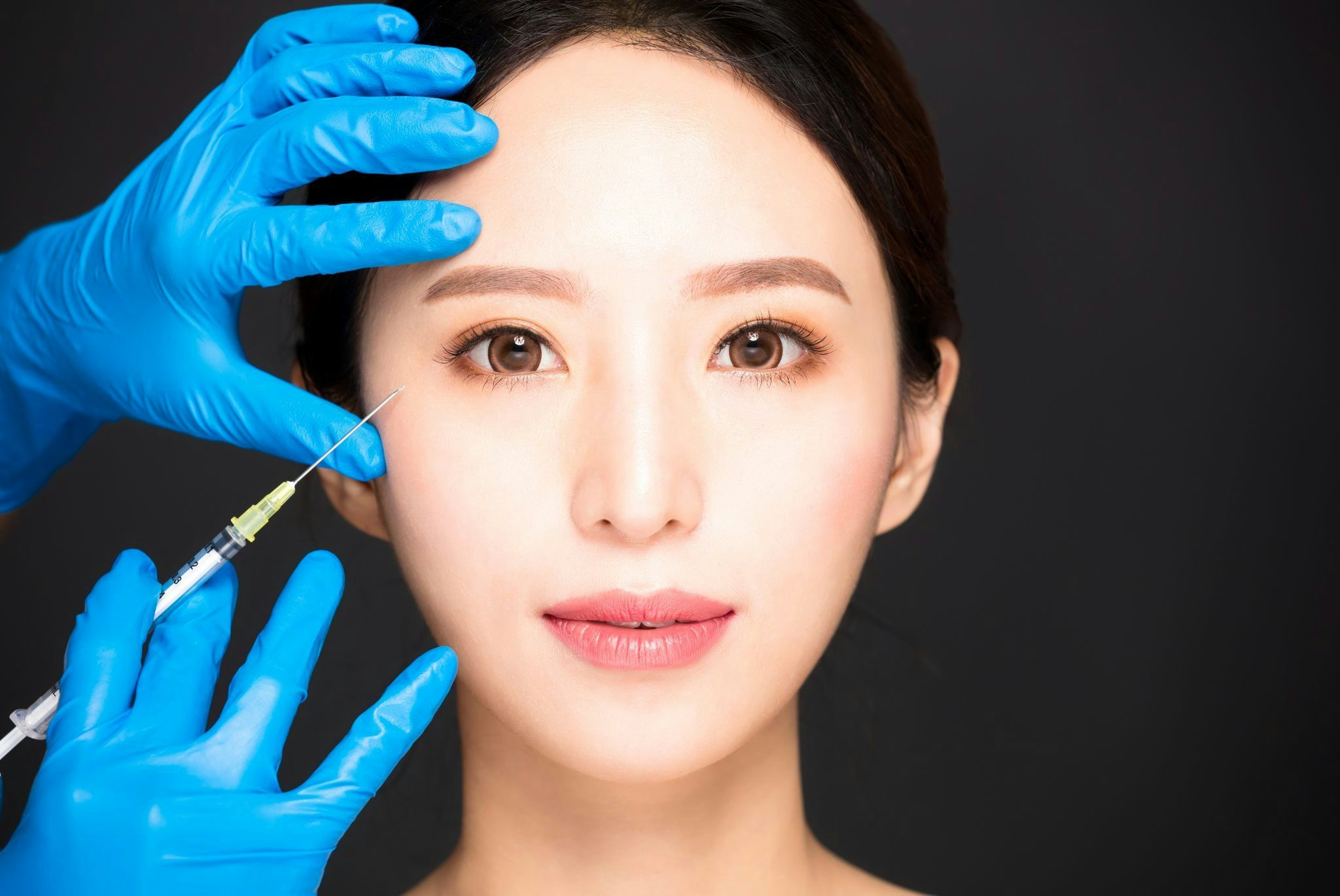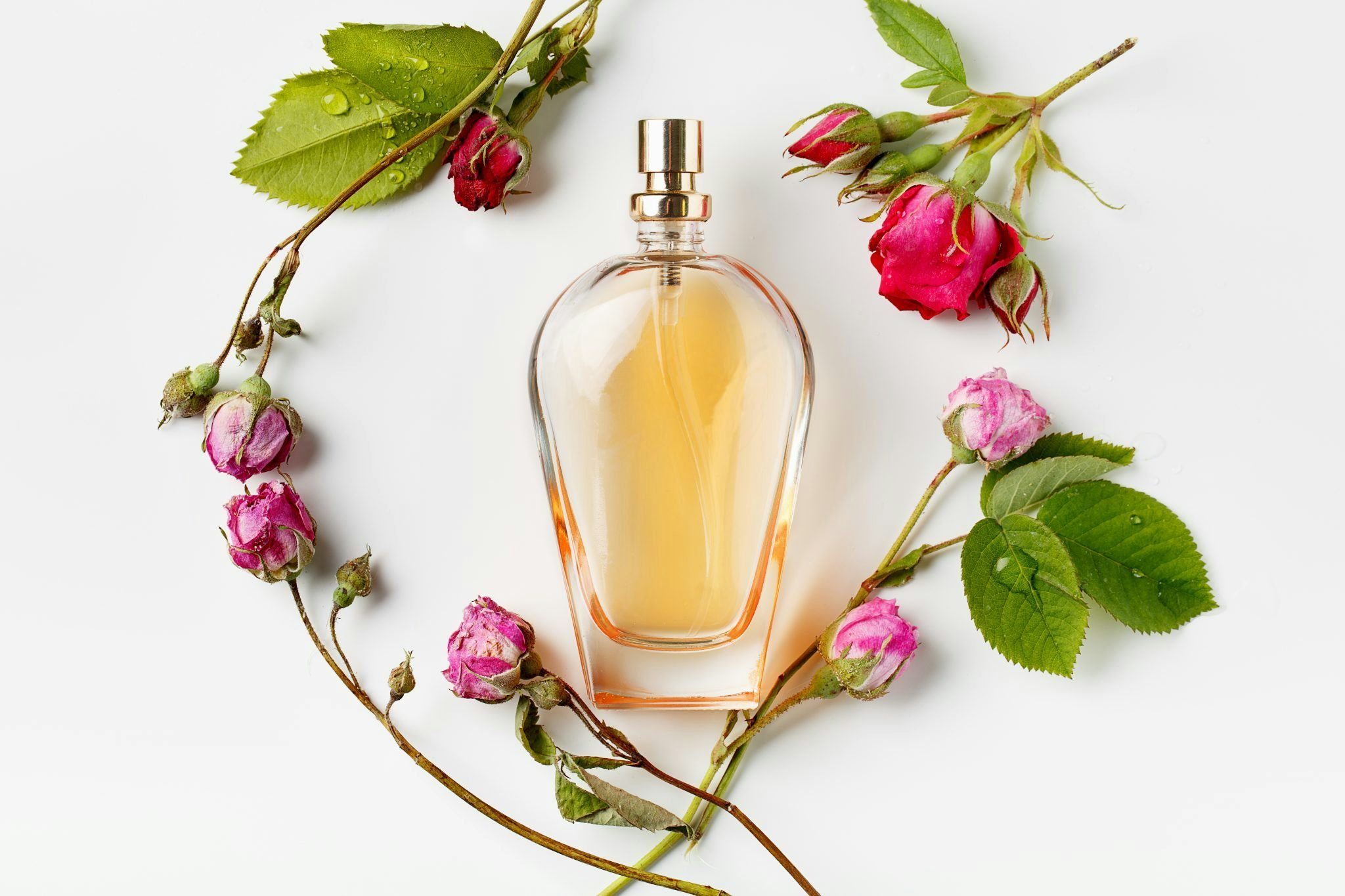Beauty codes remain rigid in Chinese society. A pale complexion, cone-shaped face (锥子脸) and red phoenix eyes (丹凤眼), whose outer corners incline upwards, are some of the attributes traditionally valued in female beauty.
Additional standards derived from the Western beauty ideal–incarnated in the faces of today's celebrities–also permeates the collective psyche. A tri-dimensional (立体) face, high nose bridge, high cheek bones and double eye-lids supposedly add to one's total attractiveness score (颜值).
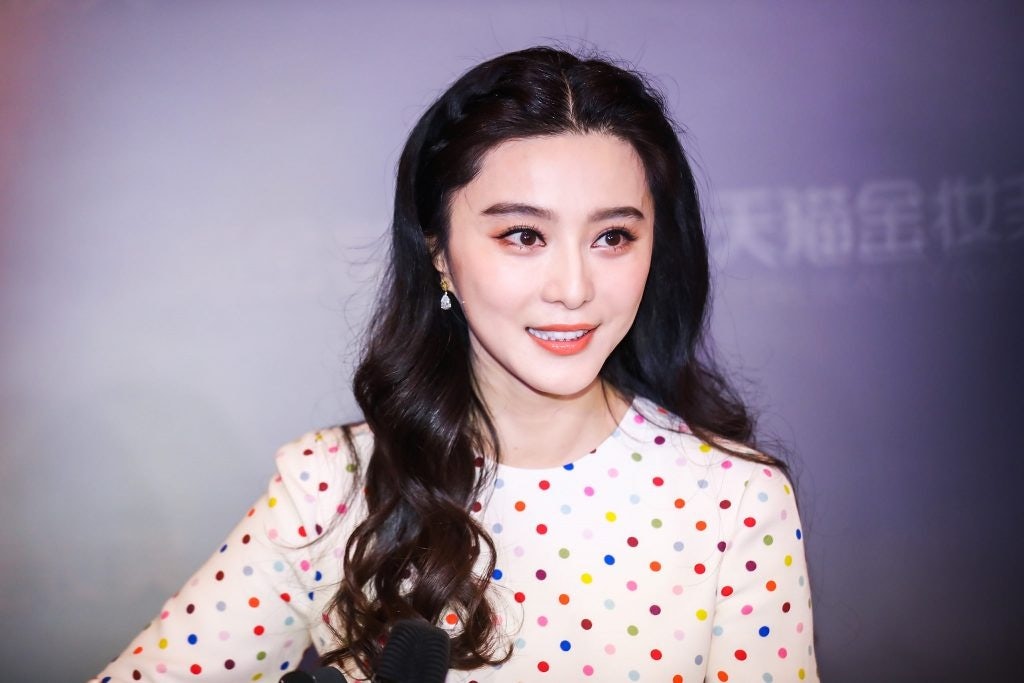
Many young Chinese feel that the very concept of beauty has been kidnapped by society. With constant pressure to conform to the accepted standard, women have felt they had little choice but to do their best to accomplish accepted looks through sophisticated beauty routines.
They have also increasingly turned to plastic surgery, a market that is now growing six times faster than the global average, according to SoYoung, an app for connecting Chinese consumers to plastic surgeons. In 2017, 14 million Chinese people are expected to receive some form of cosmetic surgery, up 42 percent year-on-year according to Chinamoneynetwork. These figures do not include medical tourists who go abroad for plastic surgery.
But times are changing.
Gaojilian (高级脸), which literally translates as "noble face", has become a buzz word for Chinese millennials. It demonstrates their desire to understand beauty in a more diverse, inclusive way, defined by attitude rather than sheer physical attributes. It is a more intangible concept of beauty that refers to a somehow distant, cold, androgynous (not coquettish) attitude, as opposed to sweet or web celebrity face (网红脸), a face understood to be heavily mediated: made-up, photoshopped, and rebuilt through surgery.
Very importantly a noble face does not depend on make-up for significant transformation, nor does it diminish with age.
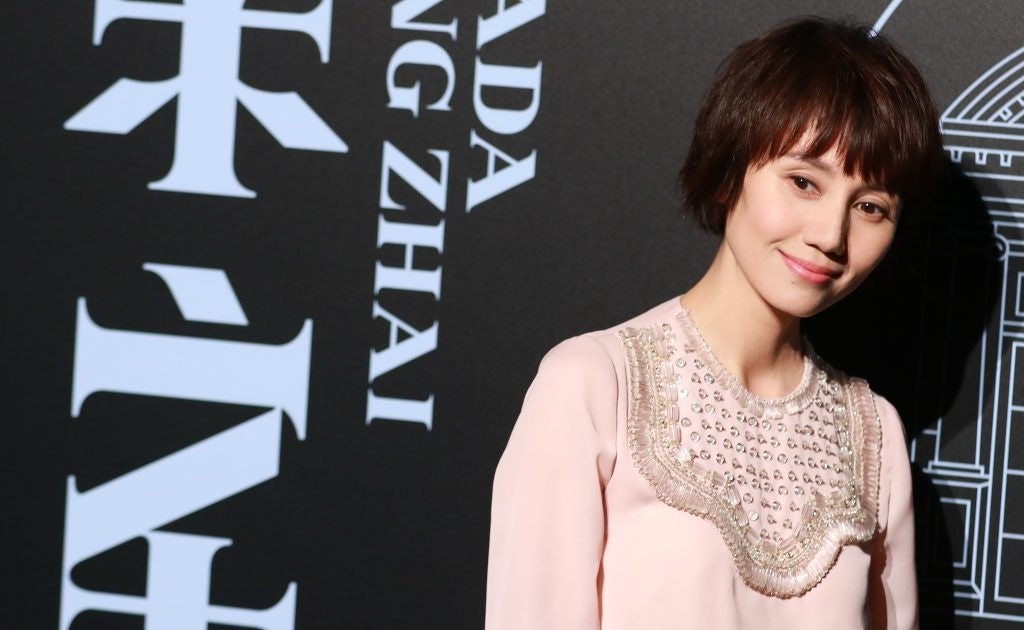
Yuan Quan (袁泉), 40, is acclaimed for her last role in the TV drama The First Half of My Life. Now a spokesperson for Lancôme, she is frequently taken as an example of "noble face". Perceived as pretty—although some would say not stunningly pretty—in her twenties, she truly stands out in her forties, thanks to her inner confidence, depth, and style.
Sun Fei Fei (孙菲菲), the newly appointed face for Estée Lauder in 2017, has wide-distanced eyes, a prominent mouth and single eye-lids. She does not meet the traditional standards of beauty, but her cool allure and fierce gaze make her compelling and beautiful for many.
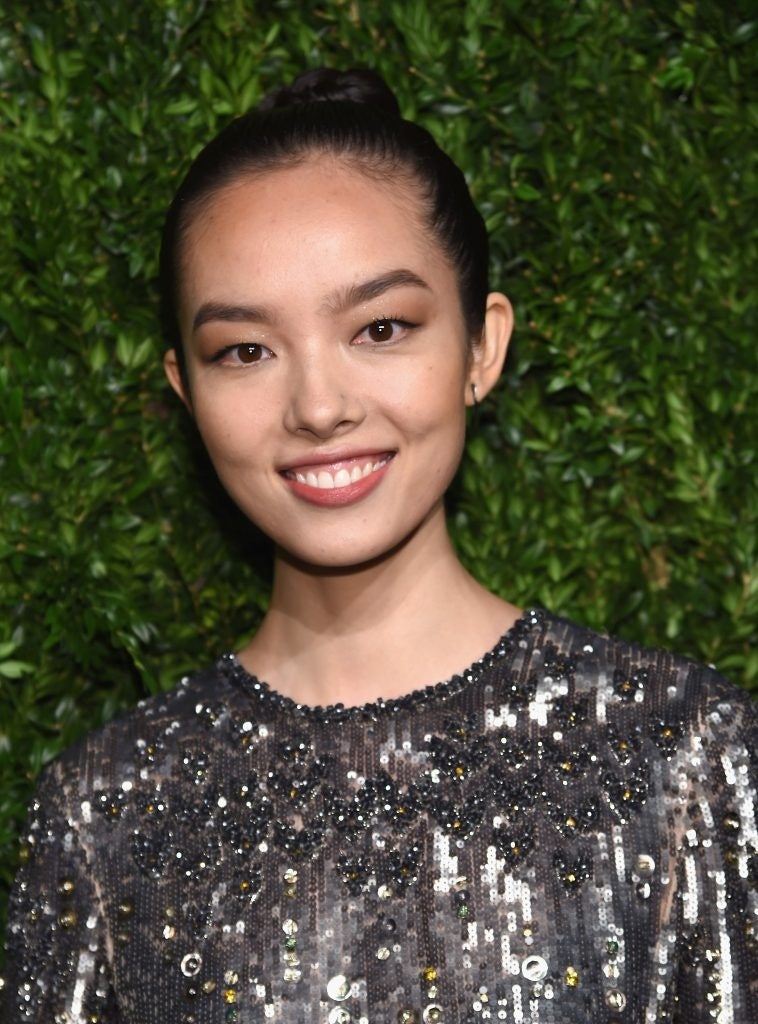
Du Juan (杜鹃), Ni Ni, Liu Chengyu, Zhang Ziyi, Xin Zhilei are also frequently seen as having helped build an alternative concept of beauty.
On social media a comment (liked by nearly 300 people) summarizes the new mindset pretty well:
“The meaning of gaojilian is:
I don’t need to please you,
nor do I need you to like me.
I’m the most important person in my world
because I know I am good enough…
And I will not go for a face lift."
Many heated debates about plastic surgery have erupted on social media. Deep down they revolve around empowerment and individual freedom, much more than the mere desire to acknowledge alternative beauty codes.
Ma Yi Li, who gained significant exposure lately as the other leading actress of The First Half of My Life, created a stir when she bluntly and publicly asked a young aspiring actress if her nose surgery had been painful. She claims that society should value talent and capability over (artificial) beauty. The Shandong University of Art has introduced a new rule for applicants, turning away candidates who have resorted to surgery. They believe that plastic surgery lessens actors' ability to convey emotion.
Many have described such policies as unfairly judgmental, saying that cosmetic surgery is an individual choice and should be respected as such.
Yu Xiao Ge, former editor of Harper’s Bazaar China, shared a post that gained over 90,000 views about the damage caused by the influence of celebrity plastic surgery on contemporary Chinese beauty. She illustrates her point with the story of a young Chinese who went through plastic surgeries over eight years to look like Fan Bing Bing. She asks, “when did we decide to define beauty by Western standards with double eye-lids, artificial nose bridges, and injections of hyaluronic acid?”. While she may seem critical of the kind of beauty people are pursuing, she firmly contends that plastic surgery is not itself a crime to be condemned.
When I asked her to elaborate, Yu Xiao Ge said, “the young generation is very realistic, and they don’t have much patience. When they feel so many people are given more opportunities by looking like a sweet Japanese kind of girl, they would take action right away and resort to plastic surgery. That will change, but right now it's a reality in the competitive job market.
Also, she said, "many women lack confidence. They change their styles to fit men’s expectations because they still rely on their husbands and male bosses. Everything will change when more companies are owned by women, when they have their own financial freedom. It is a very serious problem regarding the economy, women's confidence, and also societal pressure."
Attempts to reframe and reclaim Chinese beauty codes speaks of a desire for emancipation from tradition. The individual and societal shifts now observed in China are also taking place in Korea. A law passed in November 2017 will ban all advertisements for plastic surgery in the Korean subway by 2022.
In addition to gaojilian, other slang terms suggest attitudes to beauty are changing. There's “first love face” (初恋脸), “essence of actress face” (戏精脸), ”plastic face“ (塑料脸), and even “catfish face” (鲶鱼脸). By understanding these concepts, brands can better communicate with Chinese millennials.
As beauty becomes a more nuanced and subjective concept in China, brands must choose the kind of beauty they want to represent.
The traction generated by celebrities will increasingly derive from the type of beauty they embody. As Yifan, a 26-year-old student, told me, “people, especially women, are getting tired of wang hong faces. They don’t want everyone to look the same because of beauty surgery”. Sara, 22, added, “it is about being cool rather than having sex appeal”. Guerlain recently chose Faye Wong – an older, but free-spirited and iconic pop star – to endorse their Orchidée Impériale line, alongside their existing brand ambassador, Fan Bing Bing.
Dao Nguyen is the founder of Essenziabydao, a strategic marketing agency that specializes in fragrance and cosmetics, helping brands understand young Chinese mindsets and acquire targeted growth.
